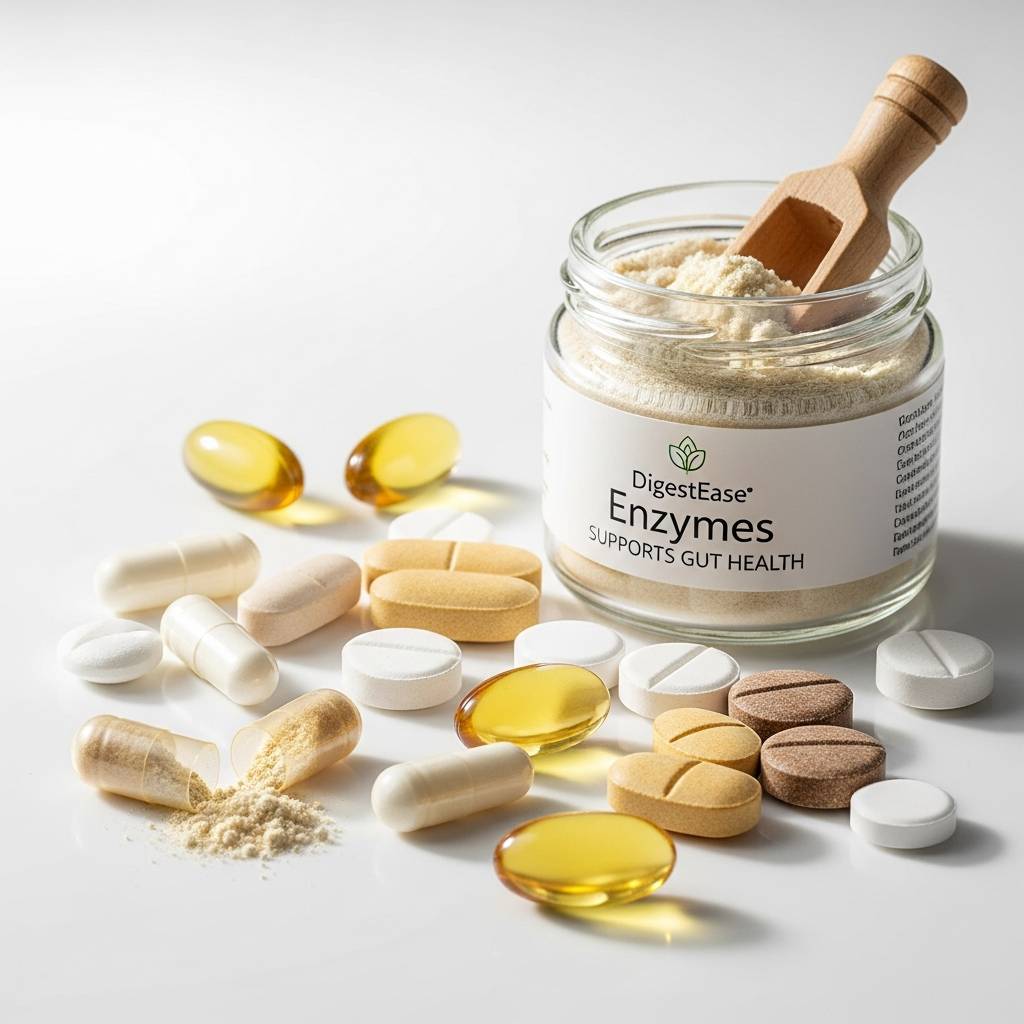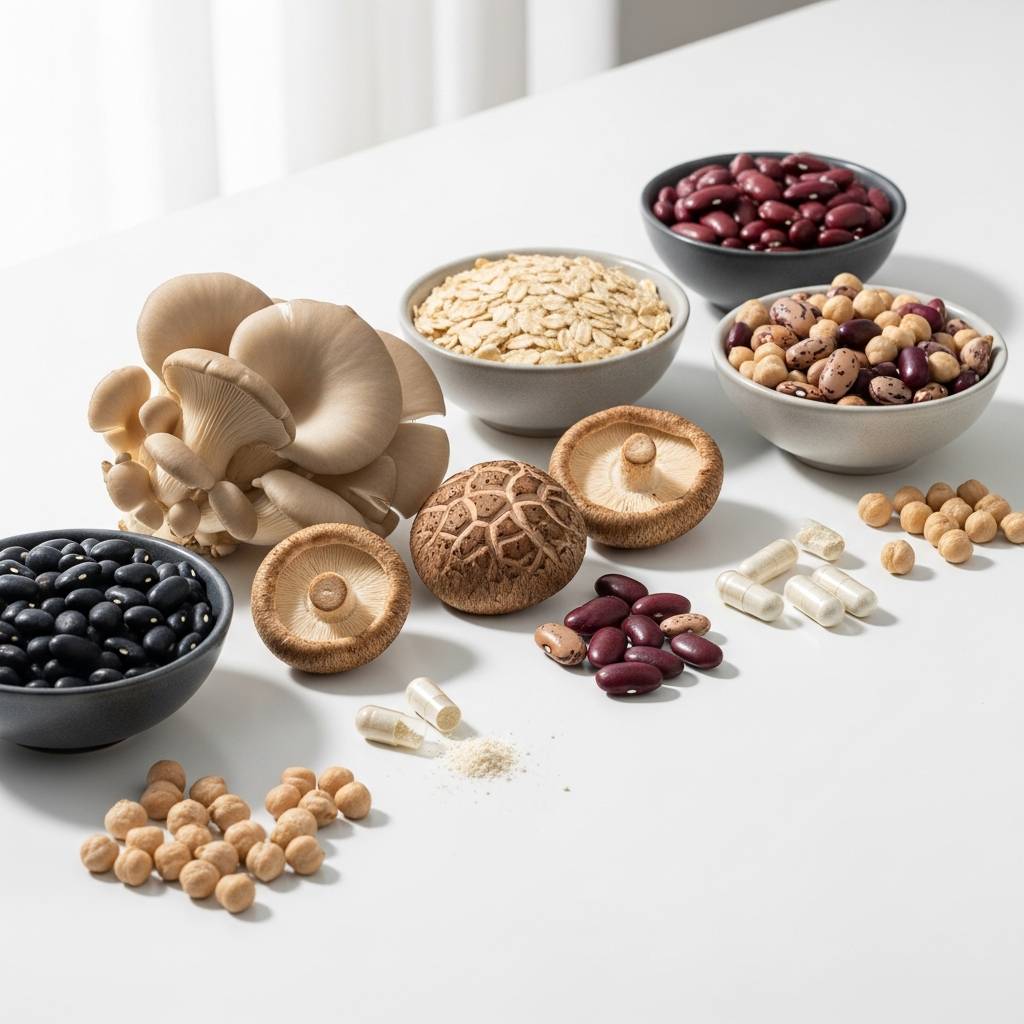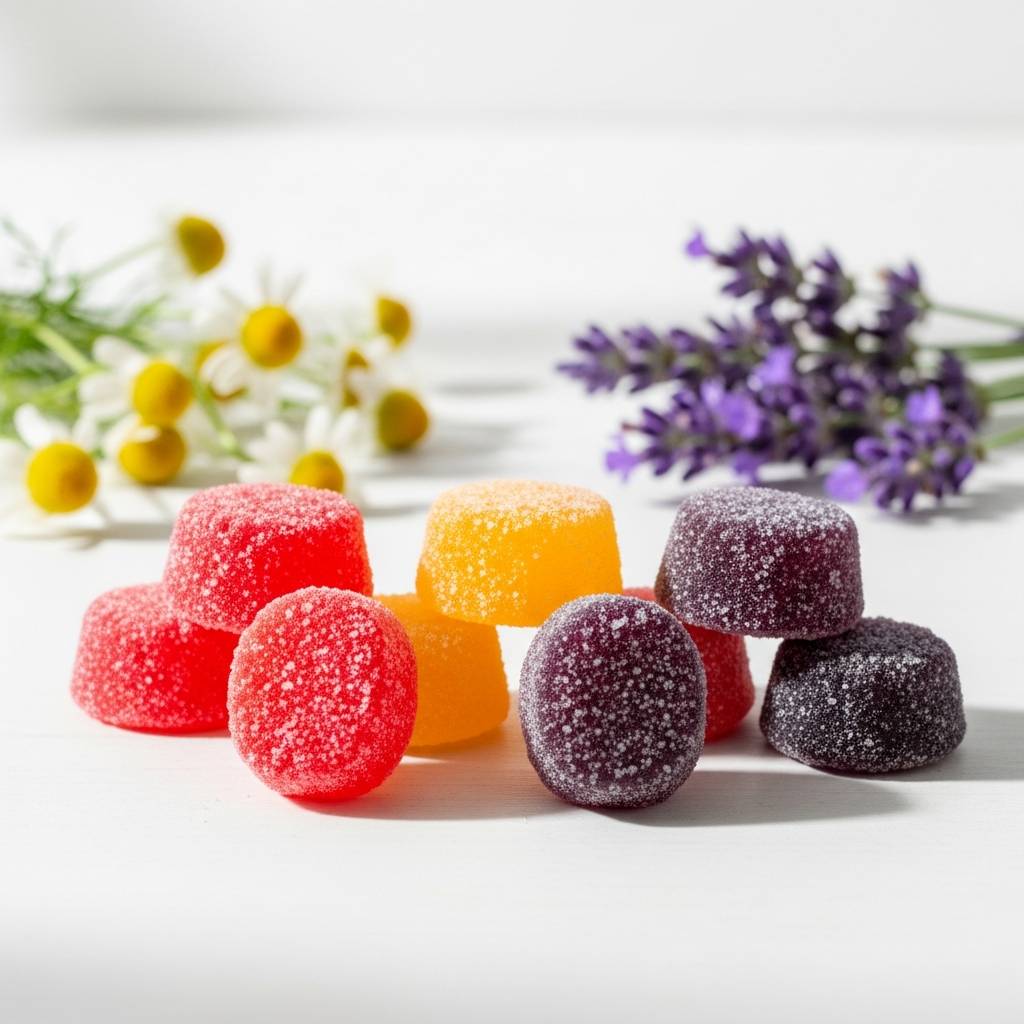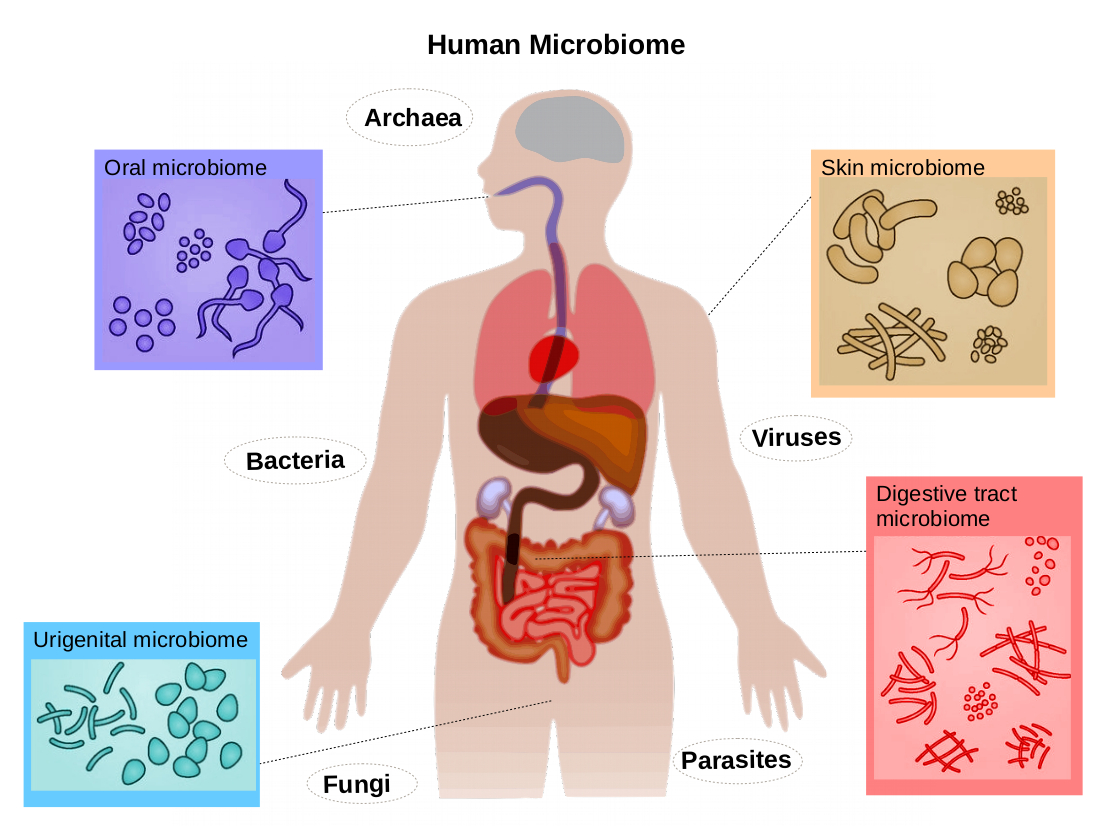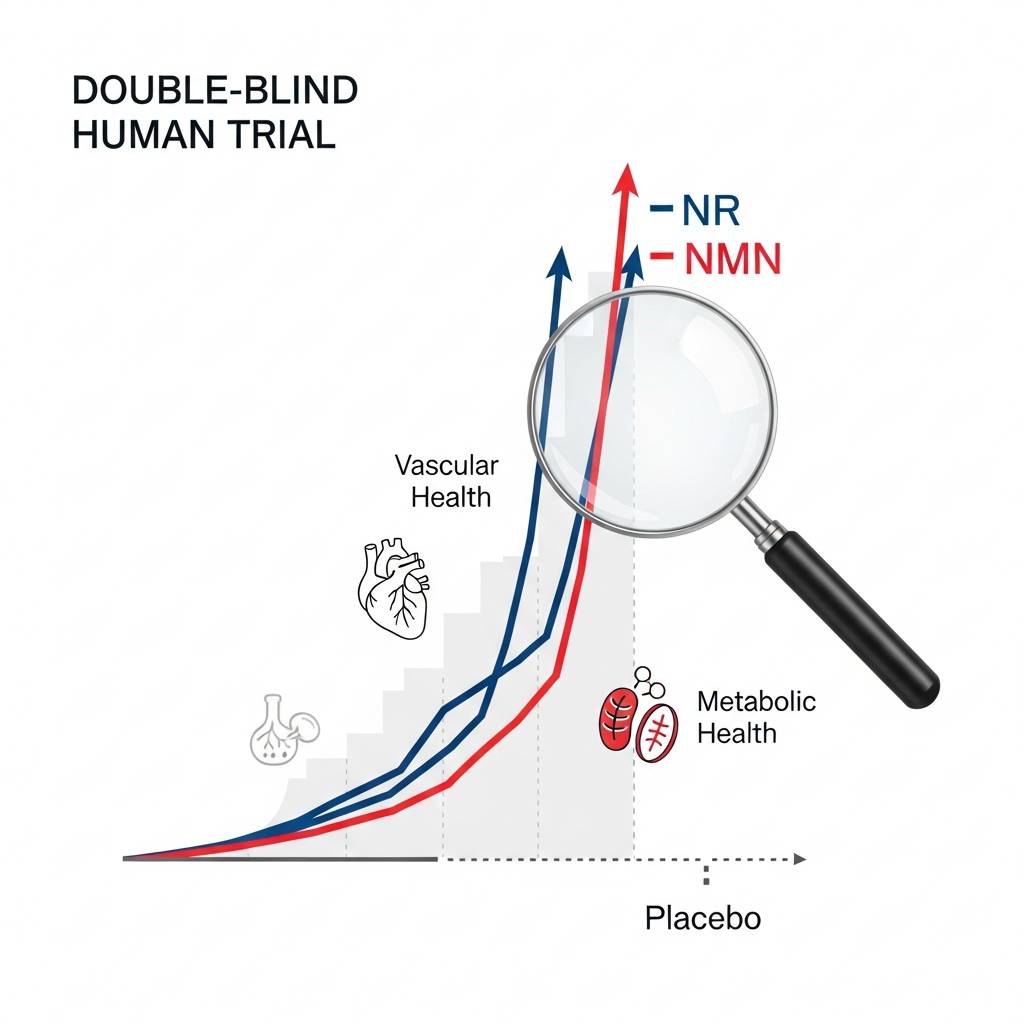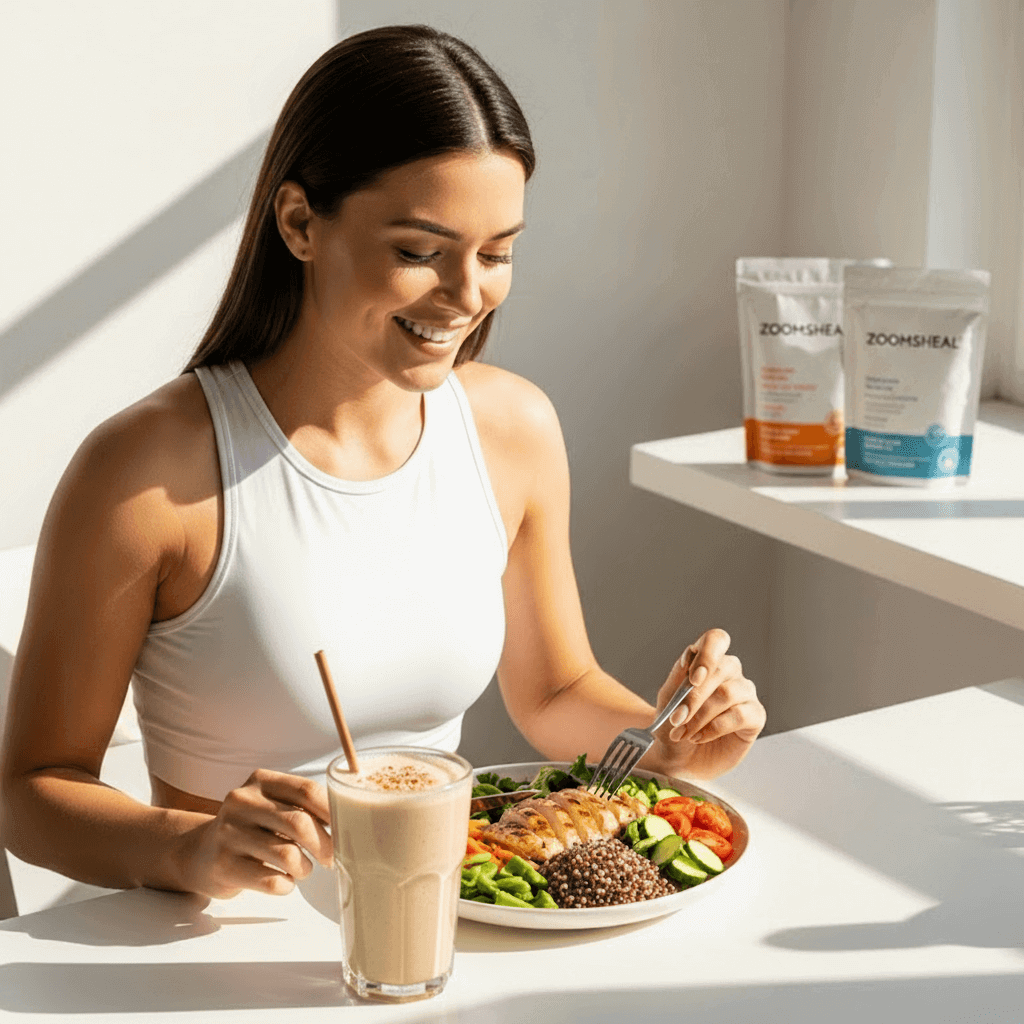What is Bergamot and Why It's So Valued
Bergamot is a fragrant citrus fruit native to Calabria, Italy, best known for its role in flavoring Earl Grey tea. Beyond its distinct aroma, the fruit’s extract is rich in potent bioactive compounds called polyphenols. While many citrus fruits contain polyphenols, bergamot’s unique profile makes it a standout. The most significant of these compounds, collectively known as Bergamot-derived Polyphenolic Fraction (BPF), are:
-
Hesperidin and Naringin: Common citrus polyphenols with antioxidant properties.
-
Neoeriocitrin: A potent antioxidant.
-
Melitidin and Brutieridin: These two compounds are relatively unique to bergamot and are considered key players in its health benefits, particularly in supporting healthy cholesterol levels.
For decades, scientific research has focused on bergamot's powerful ability to support heart health. Studies suggest its unique blend of polyphenols can help maintain healthy cholesterol and triglyceride levels, assist in blood sugar management, and combat oxidative stress and inflammation throughout the body.
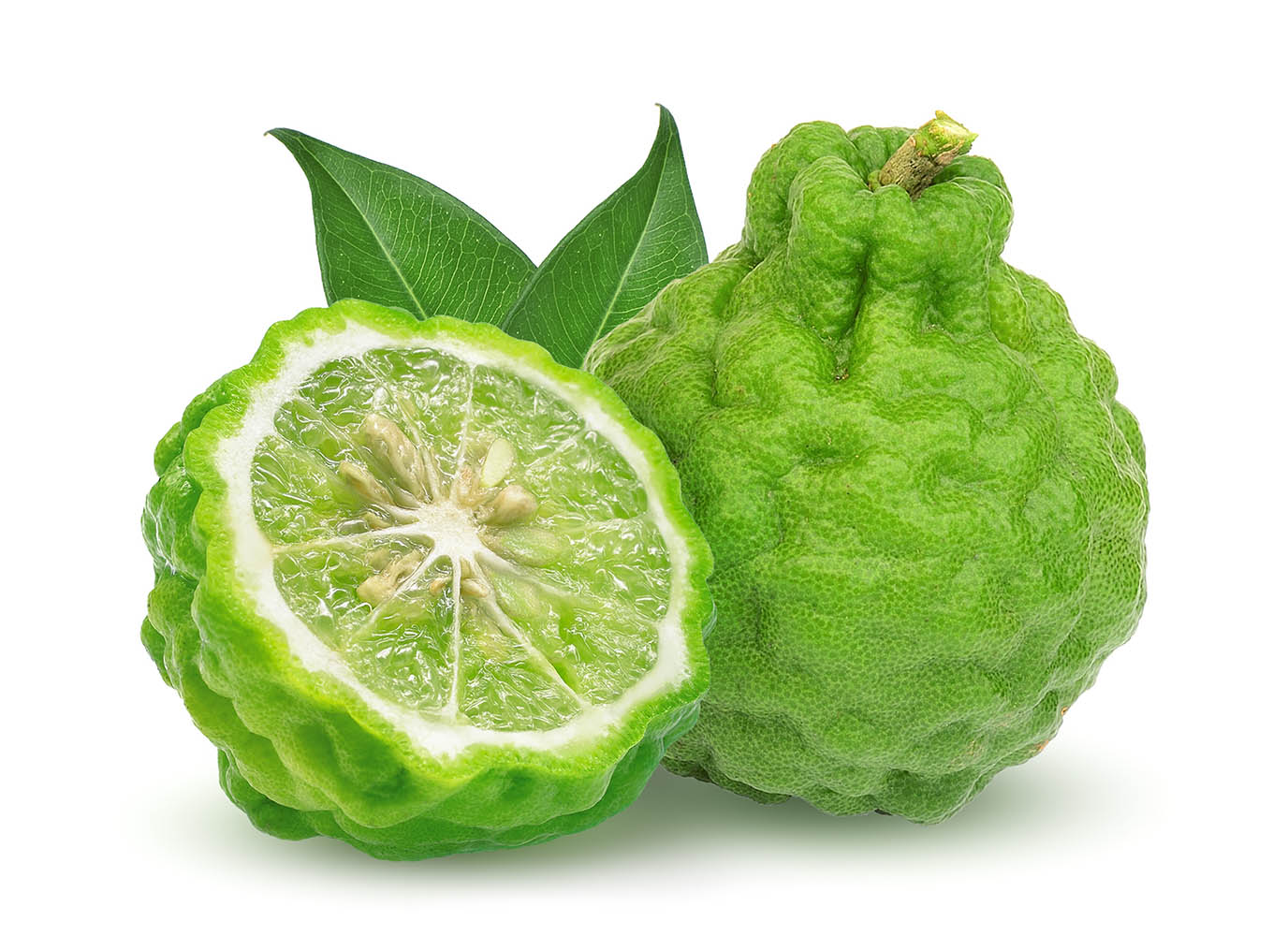
The Science Behind Its Effects
The effectiveness of bergamot is tied to its influence on a critical pathway within the body. The polyphenols, especially Melitidin and Brutieridin, are believed to function by inhibiting the enzyme HMG-CoA reductase. This is the same enzyme targeted by statin medications, which play a central role in cholesterol production in the liver. By influencing this enzyme, bergamot may help reduce the body's synthesis of LDL (“bad”) cholesterol and promote an increase in HDL (“good”) cholesterol. This is what makes its effects so compelling and why the concentration of these key compounds is so important.
Key Factors That Make a Bergamot Supplement "The Best"
A truly high-quality bergamot supplement can be identified by a few critical criteria. The "best" supplement is one that adheres to these rigorous standards, ensuring you get a safe and potent product that is most likely to deliver results.
1. Standardization and Potency
This is the single most crucial factor in determining a supplement's effectiveness. A top-tier bergamot supplement will not simply list "bergamot extract" on its label. Instead, it will specify that it is standardized to a certain percentage of its active compounds, the BPF.
-
Look for a product standardized to contain at least 30-38% BPF. This is the concentration most often used in clinical studies. Without this standardization, you can’t be sure how much of the active polyphenols you are actually getting. The product may contain very little of the compounds responsible for the desired effects and could be virtually ineffective.
2. Sourcing and Purity
The quality of the raw materials directly impacts the final product's potency. Bergamot from Calabria, Italy, is the most researched and trusted source because the region's unique soil and climate conditions yield a consistently high concentration of beneficial polyphenols.
-
Look for a product that explicitly states its bergamot is sourced from Calabria, Italy. This demonstrates a commitment to using the highest-quality, clinically validated raw material.
-
Check the ingredient list to ensure it's free of unnecessary fillers, binders, artificial colors, preservatives, or other additives. A shorter, simpler ingredient list is often a sign of a purer, higher-quality product.
3. Third-Party Testing and Certification
Since the supplement industry is not always strictly regulated, third-party testing is your ultimate guarantee of safety and quality. An independent, third-party lab tests the finished product to verify its purity, potency, and safety.
-
Look for seals from reputable organizations like NSF International, USP (U.S. Pharmacopeia), or ConsumerLab.com. These certifications verify that what’s on the label is actually in the bottle and that the product is free of contaminants like heavy metals, pesticides, microbial impurities, or banned substances. This due diligence is essential for your peace of mind.
4. Optimal Dosage and Form
The "best" supplement delivers an effective dose in a convenient form. Most clinical studies on bergamot for cholesterol and heart health use a daily dosage of 500 mg to 1500 mg of the standardized extract.
-
Check the "Supplement Facts" panel for the dosage per serving. Make sure you can easily reach the recommended daily intake without taking too many capsules.
-
Consider the form that works best for you. Capsules and tablets offer a precise, consistent dose, while powders can be more flexible for mixing into drinks or foods.
5. Ingredient Synergy and Formulation
Some high-quality bergamot supplements may combine the extract with other ingredients to create a synergistic effect. This is a sign of a well-researched and professionally formulated product.
-
Coenzyme Q10 (CoQ10): A common addition, as statin-like substances can sometimes reduce CoQ10 levels in the body. Supplementing with CoQ10 is considered a good practice to support cellular energy production and heart muscle health.
-
Artichoke Extract: This ingredient is also known to support healthy cholesterol levels through a different mechanism and can complement bergamot's effects.
-
Phytosterols: These plant-derived compounds are known to help block cholesterol absorption in the gut.
A reputable company will clearly state the purpose of these additional ingredients and provide rationale for their inclusion.
Your Actionable Checklist for Choosing a Supplement
To confidently find the best bergamot supplement for your needs, follow this simple, step-by-step checklist:
-
Research the Brand. Look for a company with a strong reputation for transparency and quality. Check their website for information on sourcing and testing.
-
Read the Label for BPF. Does it state the extract is standardized to at least 30-38% BPF? If not, move on to another product.
-
Look for Third-Party Certifications. Check the bottle for seals from organizations like NSF, USP, or ConsumerLab.com.
-
Confirm Dosage. Does the product provide a clinically relevant dose of 500-1500 mg per day?
-
Scan for Clean Ingredients. Is the ingredient list simple, with no unnecessary fillers or additives? Be mindful of the purpose of any added ingredients.
By focusing on these key factors, you can cut through the marketing claims and confidently select a bergamot supplement that is high-quality and most likely to deliver the results you are looking for.
Important Safety and Usage Notes
While bergamot is generally considered safe, it’s always wise to take precautions before starting any new supplement.
-
Potential Drug Interactions: This is a crucial safety consideration. Because bergamot can influence the same enzyme pathway as statins, it may have an additive effect. Always consult with your doctor before combining bergamot with cholesterol-lowering drugs, blood pressure medications, or any other prescription medication.
-
Common Side Effects: Some individuals may experience mild digestive upset, heartburn, or nausea. These are typically temporary and may be mitigated by taking the supplement with food.
-
Contraindications: Individuals with low blood pressure or diabetes should use caution and consult a healthcare professional, as bergamot may influence blood pressure and blood sugar levels.
-
Professional Consultation: Always speak with a doctor, cardiologist, or registered dietitian before starting a new supplement, especially if you are pregnant, nursing, have a pre-existing medical condition, or are taking other medications. They can provide personalized advice based on your health history and a holistic view of your health.
Information Sources
- https://www.ncbi.nlm.nih.gov/pmc/articles/PMC6683262/
- https://www.ncbi.nlm.nih.gov/pmc/articles/PMC6412431/
- https://www.mayoclinic.org/drugs-supplements/bergamot-extract-oral-route/side-effects/drg-20455828
- https://my.clevelandclinic.org/health/articles/17359-cholesterol-medications
- https://www.ejps.eu/article/S0928-0987(16)30379-3/fulltext
- https://www.naturalmedicinejournal.com/journal/2012-07/clinical-trial-bergamot-extract-cholesterol

